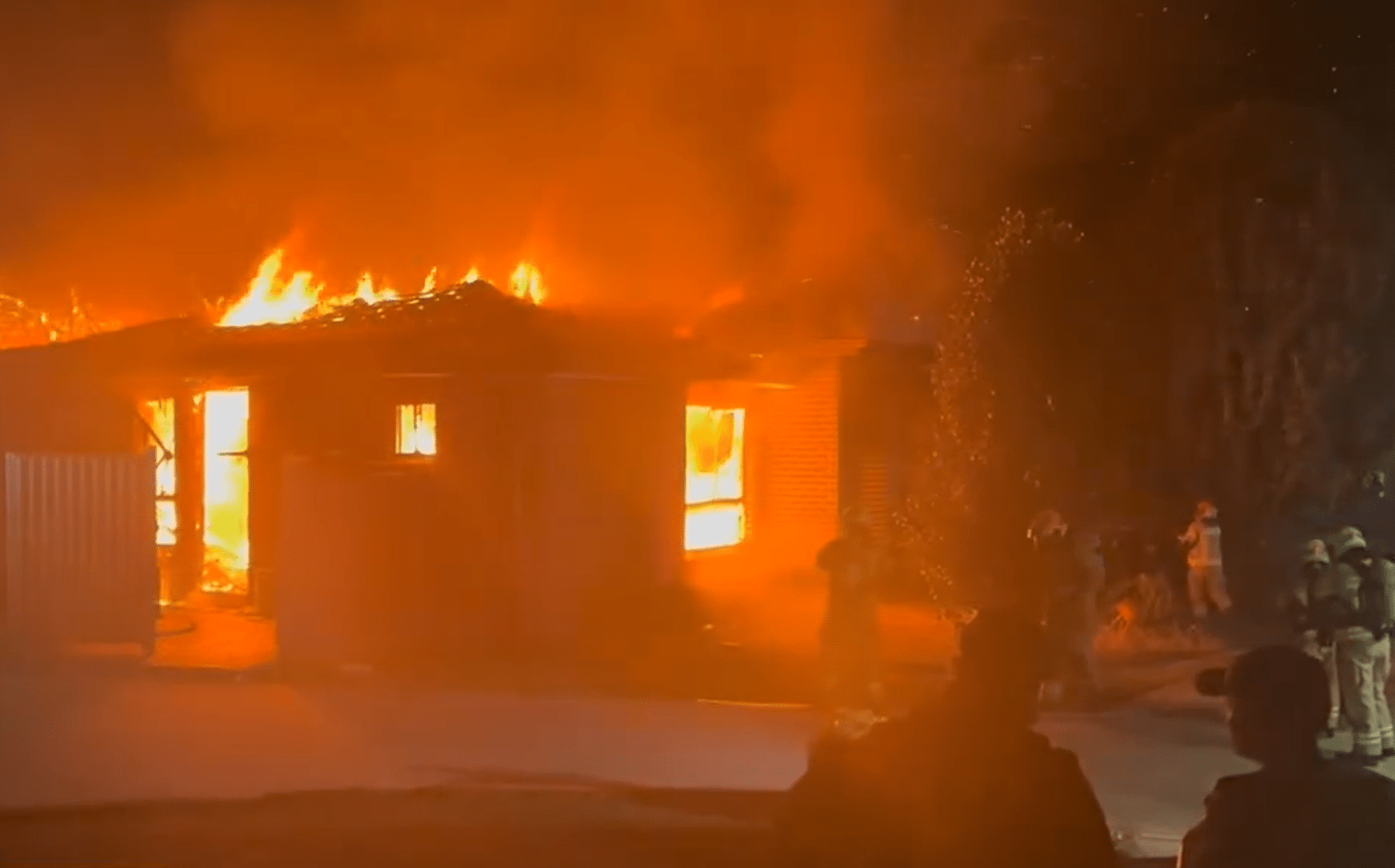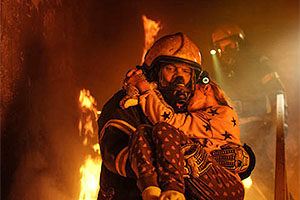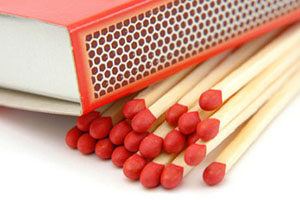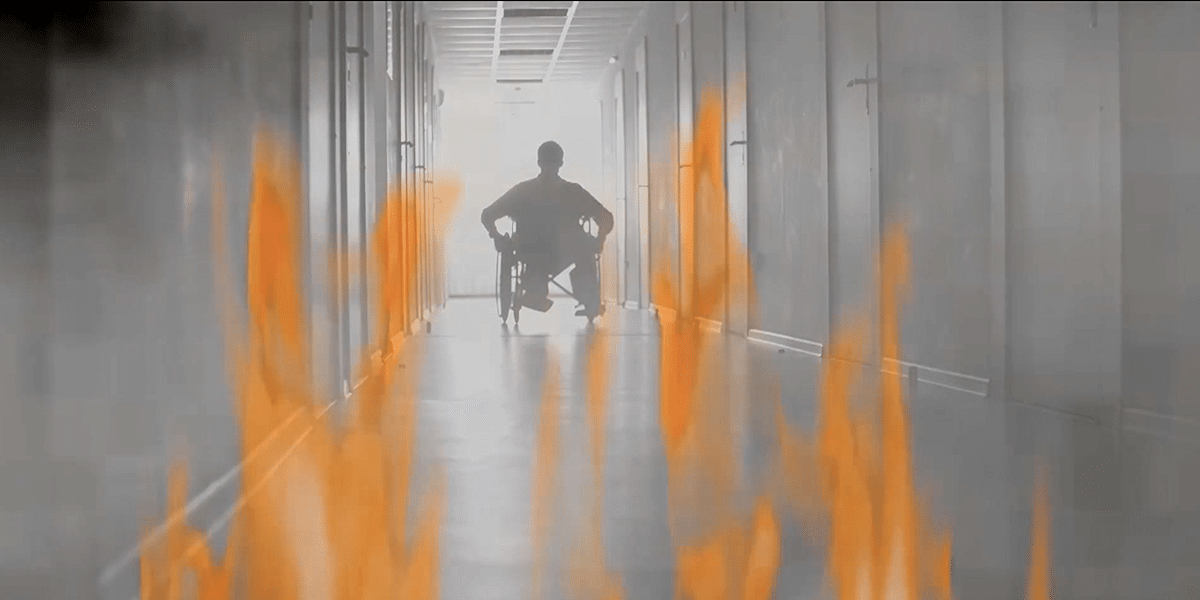
A Tragic Spring Farm Fire and the Imperative for Stronger Safety Frameworks in Disability Housing
Sadly, as I predicted in my Blog Post on October
 Every year, a significant number of house fires are started by curious children playing with lighters or matches. These fires cause damage, injuries and death, and the majority could be avoided.
Every year, a significant number of house fires are started by curious children playing with lighters or matches. These fires cause damage, injuries and death, and the majority could be avoided.
In this article, we’ll share some tips to help you understand why children light fires, explain why you must educate them and show you how to identify and remove potential risks in your home to keep your kids and your family safe.
Always store lighters and matches well out of reach of children, preferably in a locked cabinet or cupboard up high. Never store them in bedrooms or anywhere that children may go without supervision. Don’t leave lighters or matches in view of kids, even for a short time and always put them away promptly after use.
It’s also important that you don’t allow your kids to perform any task that involves using or holding a lighter or matches, such as lighting a candle or taking matches to an adult. Make it 100% clear that lighters and matches are for adult use only, no exceptions.
 Children are naturally curious about fire and may ask questions directly or involve it in their play. If you see signs that your child is thinking about fire, it’s essential that you spend some time educating them. Explain in age-appropriate terms what it is and the damage it can cause. Help them understand that fire is difficult to control, it spreads fast and that it hurts as soon as it touches you.
Children are naturally curious about fire and may ask questions directly or involve it in their play. If you see signs that your child is thinking about fire, it’s essential that you spend some time educating them. Explain in age-appropriate terms what it is and the damage it can cause. Help them understand that fire is difficult to control, it spreads fast and that it hurts as soon as it touches you.
You should also teach young children to always tell a grown-up if they see lighters or matches, whether they are at home, at school, at sports or activities, or a friend or relative’s house.
We all know children mimic our behaviours, good and bad, so set the right example when it comes to fire safety. Never use lighters or matches as a source of amusement or entertainment and always act responsibly around fires both inside and outside the home. Be mindful of the way you talk about fire too, and don’t use sarcasm or humour when talking about the dangers.
Fire starting in children happens when they start to experiment with matches and lighters. Most fires started by children occur when they are left alone, even for a moment, and have access to a flame source. It’s important to be aware that younger children are more likely to set fires inside the home, while older children will usually start them outside. If your child has an interest in fire, it can easily lead to repeated fire starting, so watch for danger signs and take immediate action to prevent it from happening again.
Most children will develop an interest in fire, and without appropriate guidance, they may be compelled to start one to satisfy their curiosity.
However, when you educate them about the dangers, keep fire out of reach in the home and have clear and firm rules and consequences for the misuse of fire, you greatly reduce the risk.

Sadly, as I predicted in my Blog Post on October

The fire alarm in his UK school starts blaring while smoke rises

Challenging the Status Quo: Building Classifications and Fire Safety in